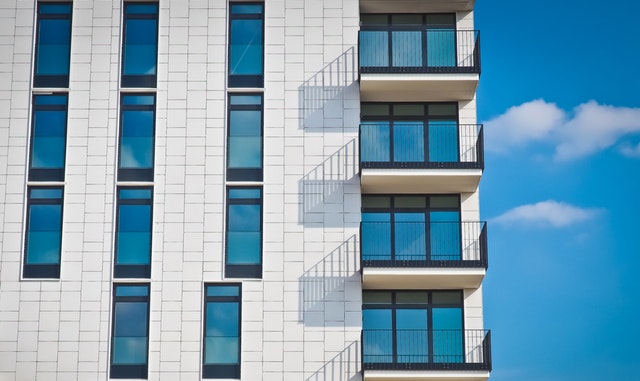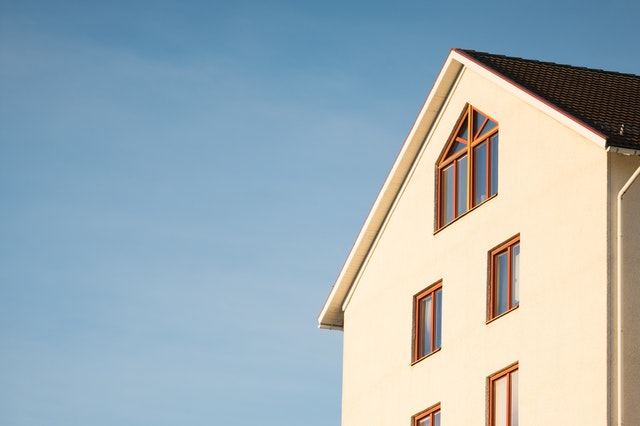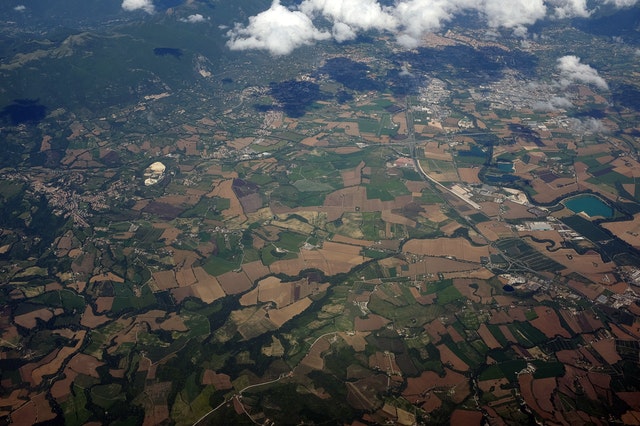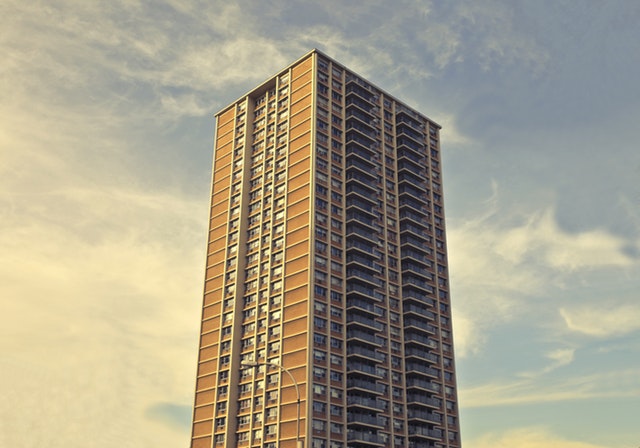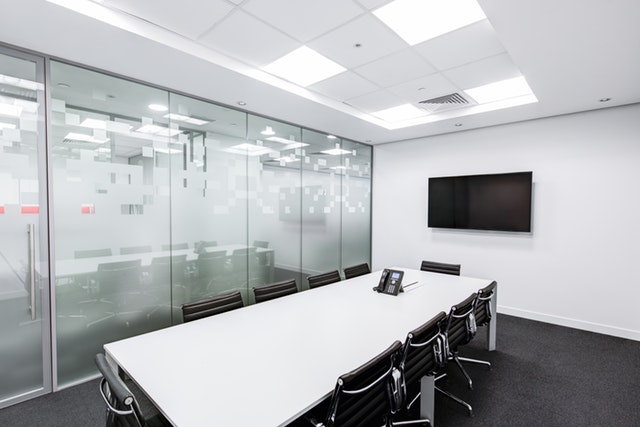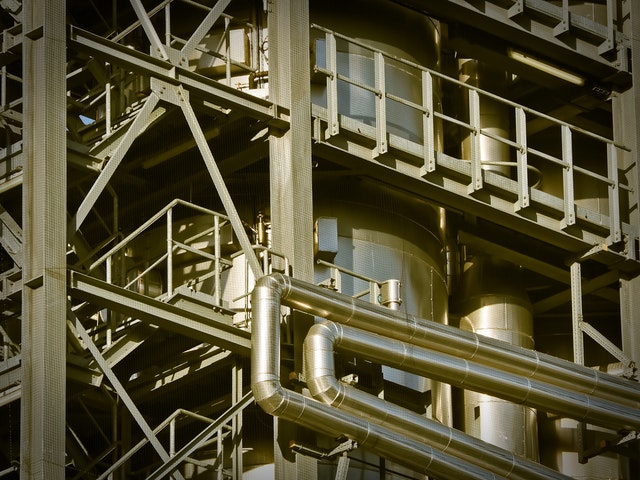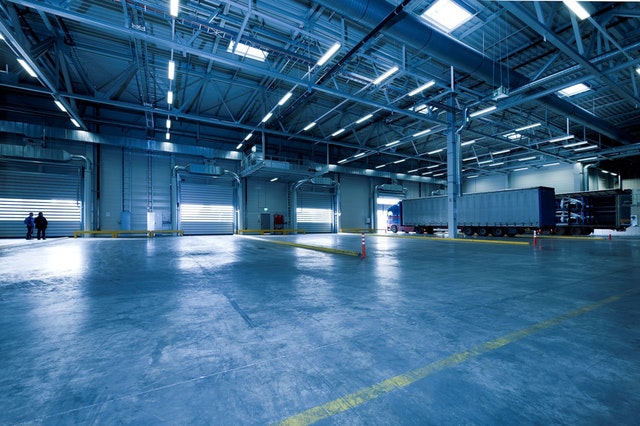How is the commercial property market responding to economic changes?
In recent years, the Latvian commercial property market has experienced significant changes – rapidly changing economic conditions, geopolitical risks, and investor caution have affected both supply and demand.
Real estate experts predict that demand for commercial space could increase this year, driven in particular by development plans of companies from neighboring countries to expand their operations in Latvia. However, certain industrial segments may stagnate due to high prices, and the limited supply of production space creates obstacles to business growth. What do industry experts see for the commercial space market in 2025?
Flexible requirements for office tenants; it is easier for small tenants to find space
The widest offer of the office segment in Riga is in the new class A office centers, which are especially popular among companies in the IT, financial and creative sectors. Last year, the number of vacant office spaces reached 19.5%, which is the highest indicator in the entire Baltics, indicating that the demand for large office spaces has fallen, while the desire to rent small, energy-efficient spaces with good infrastructure remains stable. The most popular locations among tenants in the capital are the central district and the Quiet Center. Small offices of up to 100 m² with high energy efficiency (class A or B) and the possibility of parking a car are most often sought, however, the number of such offers in the mentioned locations is relatively limited. Skanste and Āgenskalns are also still popular choices for offices, where high-quality premises are available, and although competition for good locations is fierce; the decision-making time of tenants has become longer, as companies carefully evaluate costs and infrastructure availability. The advantages of modern buildings are especially appreciated by tenants who value the opinion of employees and want to provide their team with a pleasant, comfortable working environment with natural daylight, a comfortable and spacious conference room, terraces where you can relax in the fresh air during the working day, green areas and proximity to parks. Parking is a particularly important factor. Companies are increasingly choosing flexible rental conditions, including the growing popularity of co-working spaces, which is facilitated by the ever-present trend of hybrid work.
“Landlords are becoming increasingly flexible to the demands of small tenants, being able to adapt and divide the premises into smaller areas. A location with well-developed infrastructure, including public transport connections, is very important. Forecasts for this year are optimistic and promising, with an increase in activity expected in the commercial sector. Most likely, the demand for quality premises will only increase, which is also facilitated, among other things, by the development plans of companies from neighboring Baltic countries in Latvia – new businesses are being opened here and the fields of commercial activity are being expanded. Ukrainians and Italians are also not afraid to start a business here. In the next two years, the market will also be supplemented by the offer in Sporta 2 Quarter and Magdalēnas Quarter, which could be almost filled even before it is put into operation. Tenants are gradually settling in the newly opened “Novira Plaza” and the Satekle office center, as well as the “Gustavs” office center, “shares her observations in the office segment of “Latio” real estate transactions manager Solvita Gulbe.
Manufacturing companies face space shortages and rising prices
The situation is more complicated in the industrial and manufacturing space segment. Over the past year, interest in such spaces has grown, especially in multifunctional facilities that combine warehouses, shops and offices. There has been particularly high interest in ready-to-operate spaces with high-quality, predictable and guaranteed long-term cash flow in advantageous locations. The demand for so-called “stock office” spaces, especially near main streets and in apartment blocks, continues to grow, but there is a lack of supply.
The problem in the industrial segment is the increase in rents, which is affected by both rising construction costs and high EURIBOR rates, which hinder new investment projects. Companies looking for larger industrial areas with long-term stability are facing increasing costs, as a result of which the development of the market depends on the availability of financial resources. The areas needed by manufacturing companies often exceed the available opportunities, and such properties are more difficult to find, especially outside Riga. The situation also varies within regions. In Riga and the Riga region, the commercial property market is the most developed, but outside it the offer is limited, especially in the industrial segment. The most unenviable situation is in Latgale, where production premises and warehouses often do not meet the requirements of companies, and investments in this sector are limited due to sluggish bank lending in the regions. The situation is slightly better in Vidzeme and Kurzeme, but the overall market dynamics still lag significantly behind Riga.
Read more articles here

